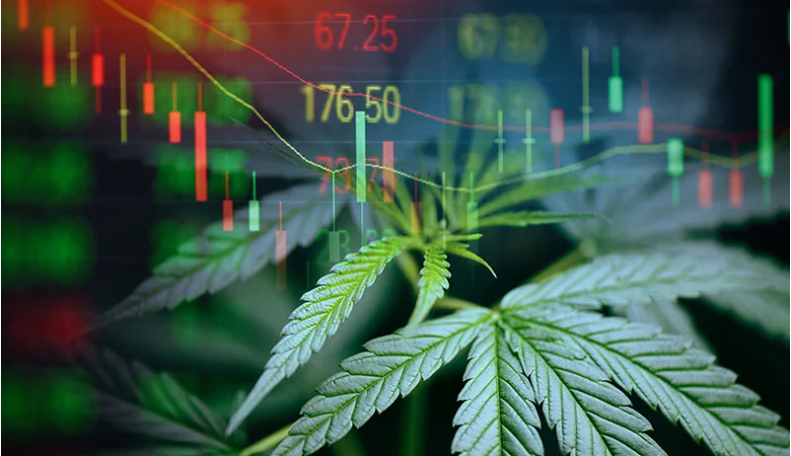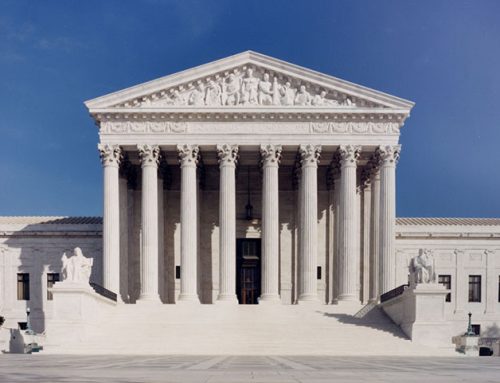Aurora Cannabis Faces Nasdaq Delisting Threat as Share Price Languishes Below $1
LOS ANGELES– Aurora Cannabis Inc., a major player in the Canadian cannabis industry, has been warned by Nasdaq Stock Market LLC that it risks losing its Nasdaq listing if it does not get its share price back above $1 in the next six months. The company’s share price has remained below $1 for 30 consecutive business days, falling from a high of $150 five years ago to 68 cents currently.
To regain compliance with Nasdaq’s minimum stock price requirement, Aurora has until September 20 to close at or above $1 for at least 10 consecutive business days. The exchange has the discretion to extend this period in certain circumstances. The company assured investors that the warning does not impact the day-to-day trading of its shares or result in its delisting. It also does not affect Aurora’s compliance status with the Toronto Stock Exchange, which does not have a minimum price requirement.
Aurora said in a statement that it will closely monitor its share price throughout the compliance period and consider all available options to resolve the deficiency, with the aim of regaining compliance and maintaining its listing. Options could include finding new ways to boost investor confidence, exploring more financial restructuring options, or executing reverse stock splits to increase share prices.
Aurora is not the only cannabis company struggling to keep its stock price above a dollar. Some firms have had to reduce the value of their CEO’s stake to raise funds, while others have halted dilution plans to satisfy shareholders. In recent years, cannabis and psychedelic stocks have also faced stigma and investor skepticism about their long-term profitability, in addition to legislative and regulatory challenges.
According to Viridian Capital Advisors, only $544.97 million has been raised in cannabis capital raises in the first 11 weeks of 2023, compared to $1.15 billion in the same period last year. Debt accounts for 53.1% of the total capital raised, while public companies have only raised 65.1% of the total capital year-to-date, a decrease from 79.1% last year. Experts suggest that investors need patience and a long-term perspective to benefit from the potential undervaluation in the emerging cannabis and psychedelic industries.



































